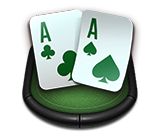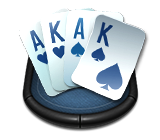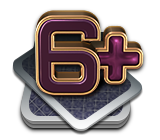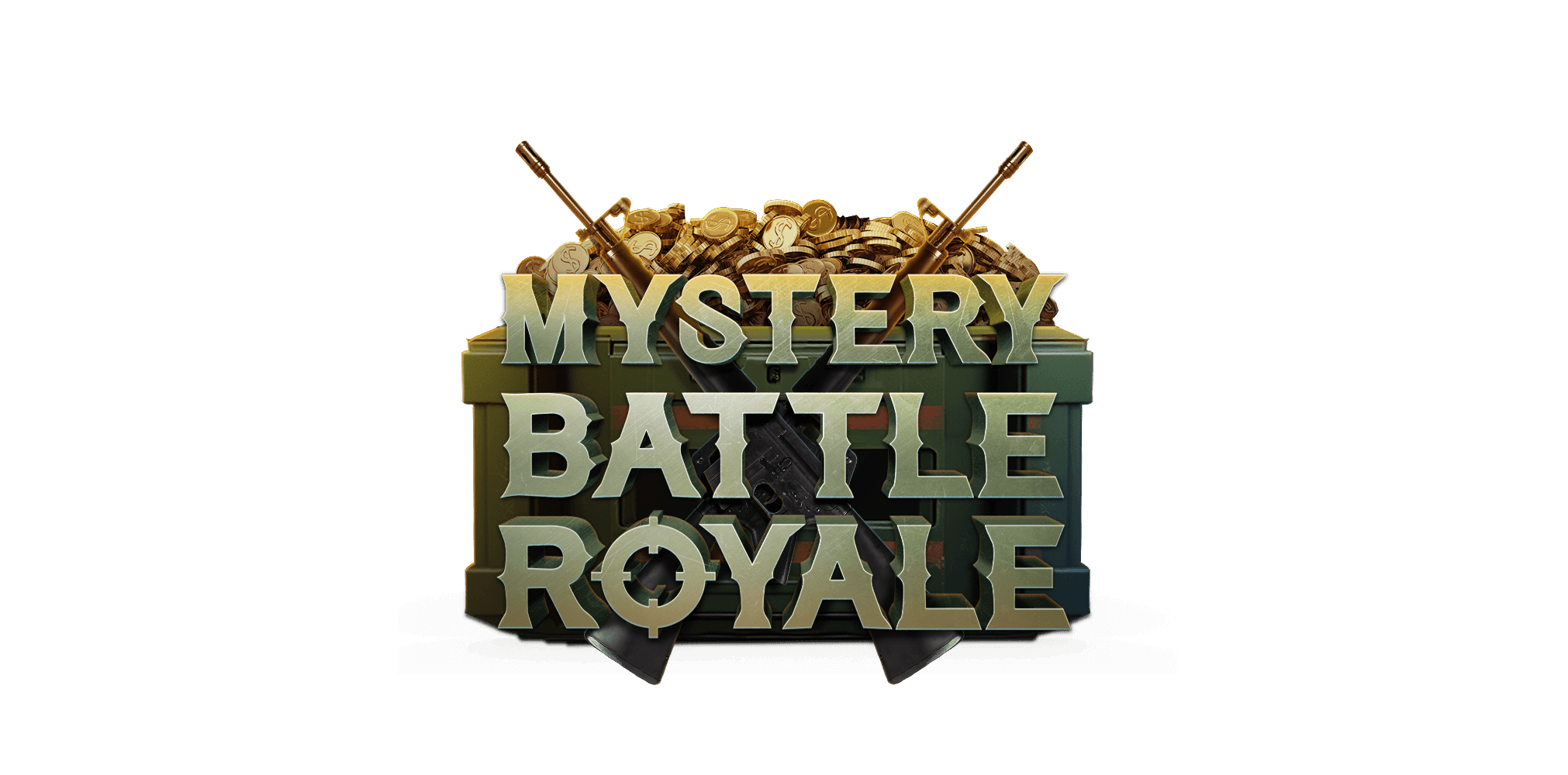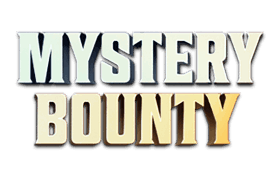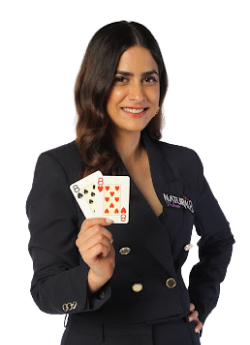
Poker is not just about luck; it's about skill, strategy, and psychology. So, if you’re tired of being the player who folds every time the stakes rise or if you're looking to level up from an amateur to a pro, you’ve come to the right place. In this post, we’ll dive into powerful poker tips that’ll help you sharpen your skills, increase your chances of winning, and ultimately transform your poker game. Ready to get started? Let’s go!
Top Poker Tips to Elevate Your Game: Mastering the Digital Game
If you're diving into the world of online poker, these beginner tips will help you stay ahead of the curve:
1. Play Fewer Hands, but Play Them Aggressively
You’ve probably heard the phrase "tight-aggressive". It’s one of the top strategies that’ll take you from a poker newbie to a serious contender. Play fewer hands — but when you do, play them aggressively. This doesn’t mean you should go all-in every time, but you should raise, not just call, with strong hands. Poker isn’t about playing every card you’re dealt; it’s about playing the right cards with the right strategy.
Pro Tip: When you’re just starting, be picky about the hands you play. Stick to pocket pairs, strong suited connectors, and high cards like Ace-King or Ace-Queen.
2. Focus on One Table at a Time
While multitabling is fun, it’s often better to focus on one table when you’re starting. Concentrating on one game will help you hone your skills and avoid mistakes.
3. Don’t Rush; Take Breaks
Poker is a mental game. After a few hours, even the most experienced players can start losing focus. Make sure you take regular breaks to reset and clear your mind. Playing tired is a fast track to losing.
4. Be Selective with Your Hands
Poker is not about winning every hand; it’s about choosing the right hands to play. As a beginner, try to focus on playing only the best hands. This will help you avoid costly mistakes, especially when you’re still learning the ropes.
Pro Tip: Stick to playing tight — only enter pots when you have a strong hand, and be patient with waiting for those good hands.
5. Don’t Overdo Bluffing
A common mistake that beginners make is bluffing too much. While bluffing can be an essential part of the game, it should be used sparingly. Try to avoid bluffing unless you’ve read your opponents well and have a solid reason to believe they’ll fold.
6. Play Smart with Position and Bet Sizing
When you’re just starting, remember to mix your strategy between tight and aggressive. But pay close attention to your bet sizing. Betting too little gives away your hand, and betting too much can scare your opponents away (especially if you’re bluffing). Make your bets just right to keep your opponents on their toes.
Pro Tip: Always adjust your bet size based on the strength of your hand and your position at the table.
7. Avoid Overplaying Weak Hands
You might get tempted to play weak hands just because you’ve invested chips into the pot. Don’t fall for it! It’s crucial to fold weak hands early and avoid chasing hands that don’t have potential. Remember, poker is about quality, not quantity.
8. Vary Your Playstyle
To truly play like a pro, you need to mix up your playstyle. If you play predictably, experienced players will catch on quickly. Sometimes you need to slowly play your strong hands or bluff when your opponents least expect it.
9. Keep an Eye on Your Opponents' Patterns
Online poker moves fast, and sometimes it’s easy to get caught up in the speed of the game. But don’t forget to watch your opponents' betting patterns. Are they playing aggressively? Do they fold often? Analyzing your opponents’ playstyle is a key factor in making informed decisions.
10. Control Your Emotions (Don’t Tilt!)
One of the best online poker tips is to never tilt. Online poker can be fast-paced, and sometimes you might feel frustrated or upset, especially after a bad beat. But playing emotionally is one of the quickest ways to lose. Always stay calm, take deep breaths, and stick to your strategy.
Comprehensive Poker Tips and Tricks for Every Player
Whether you're just starting or you're a seasoned pro, poker tips and tricks should always be part of your learning process. Here’s a quick overview of things every player should do:
Know when to fold: One of the toughest decisions in poker is knowing when to walk away. Learn to recognize when your hand is not worth playing.
Learn from every game: Win or lose, every game teaches you something. Take notes, analyze your decisions, and always strive to get better.
Conclusion
Whether you're learning the ropes or fine-tuning your strategy, the road from amateur to pro is long and full of exciting challenges. With these poker tips, you’ll be well on your way to improving your game. Remember, poker isn’t just about knowing the rules — it’s about reading your opponents, making calculated decisions, and staying mentally sharp. Ready to take your poker skills to the next level? Share your progress and favorite poker tip below — let's keep the conversation going!


.webp)
